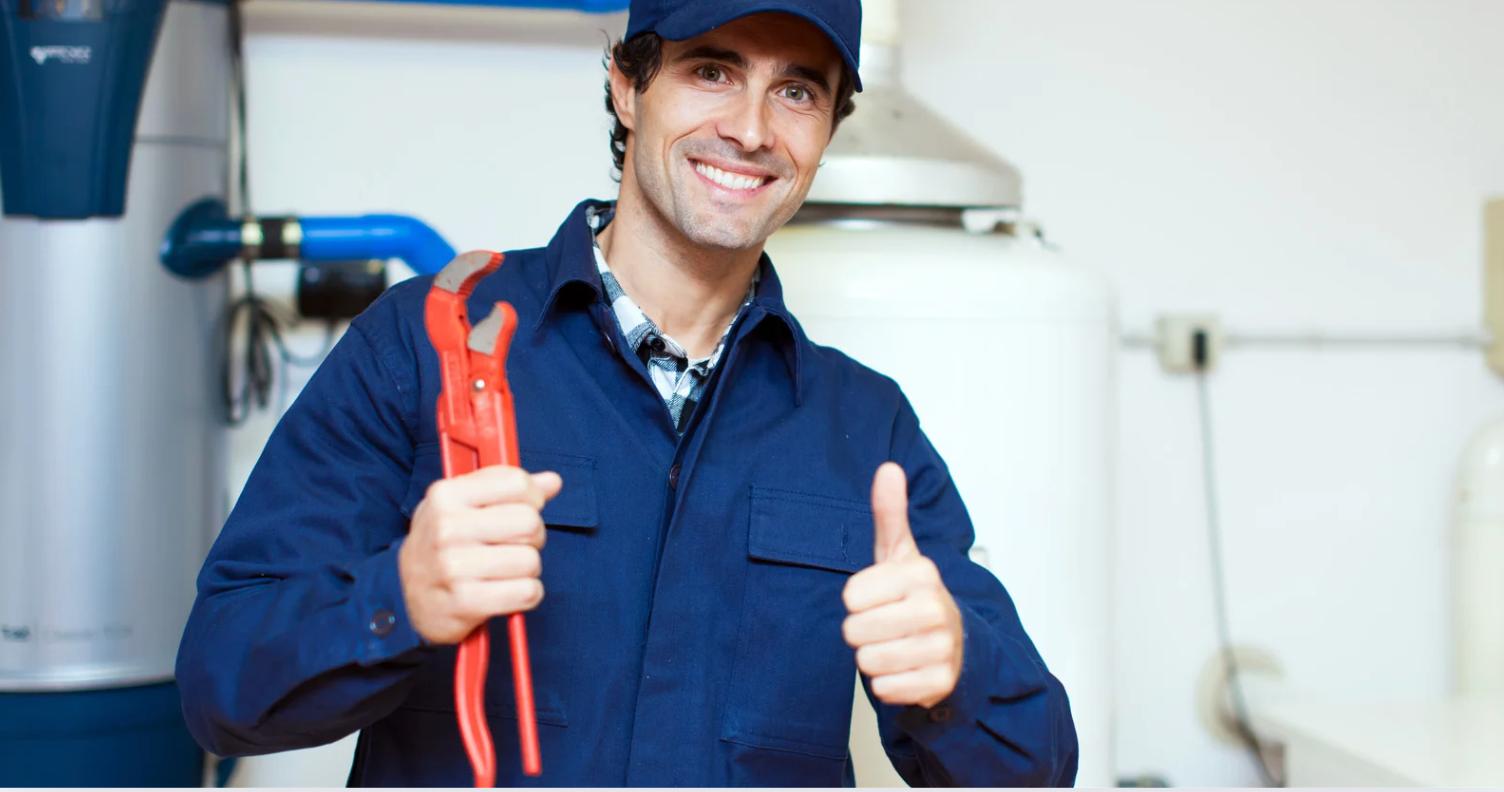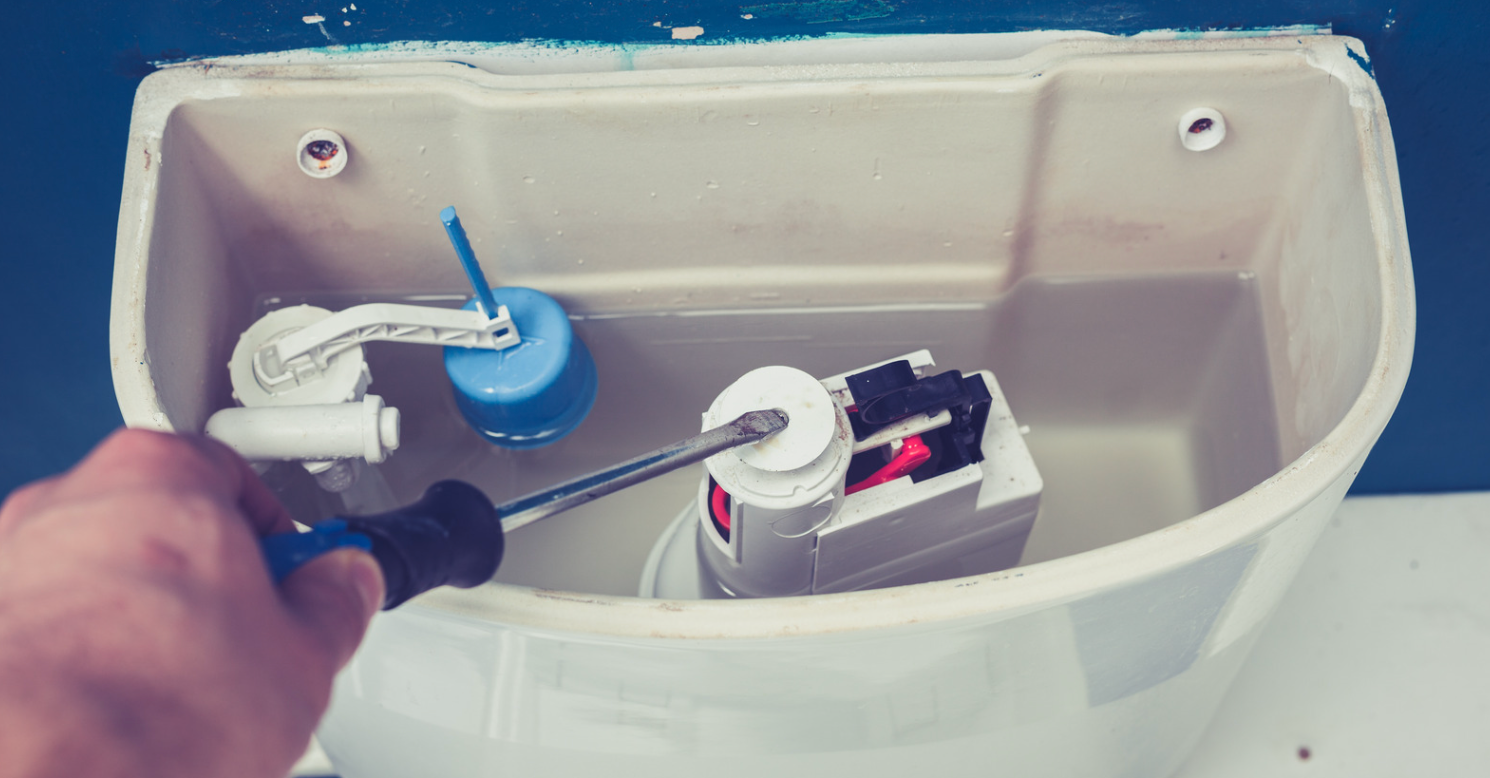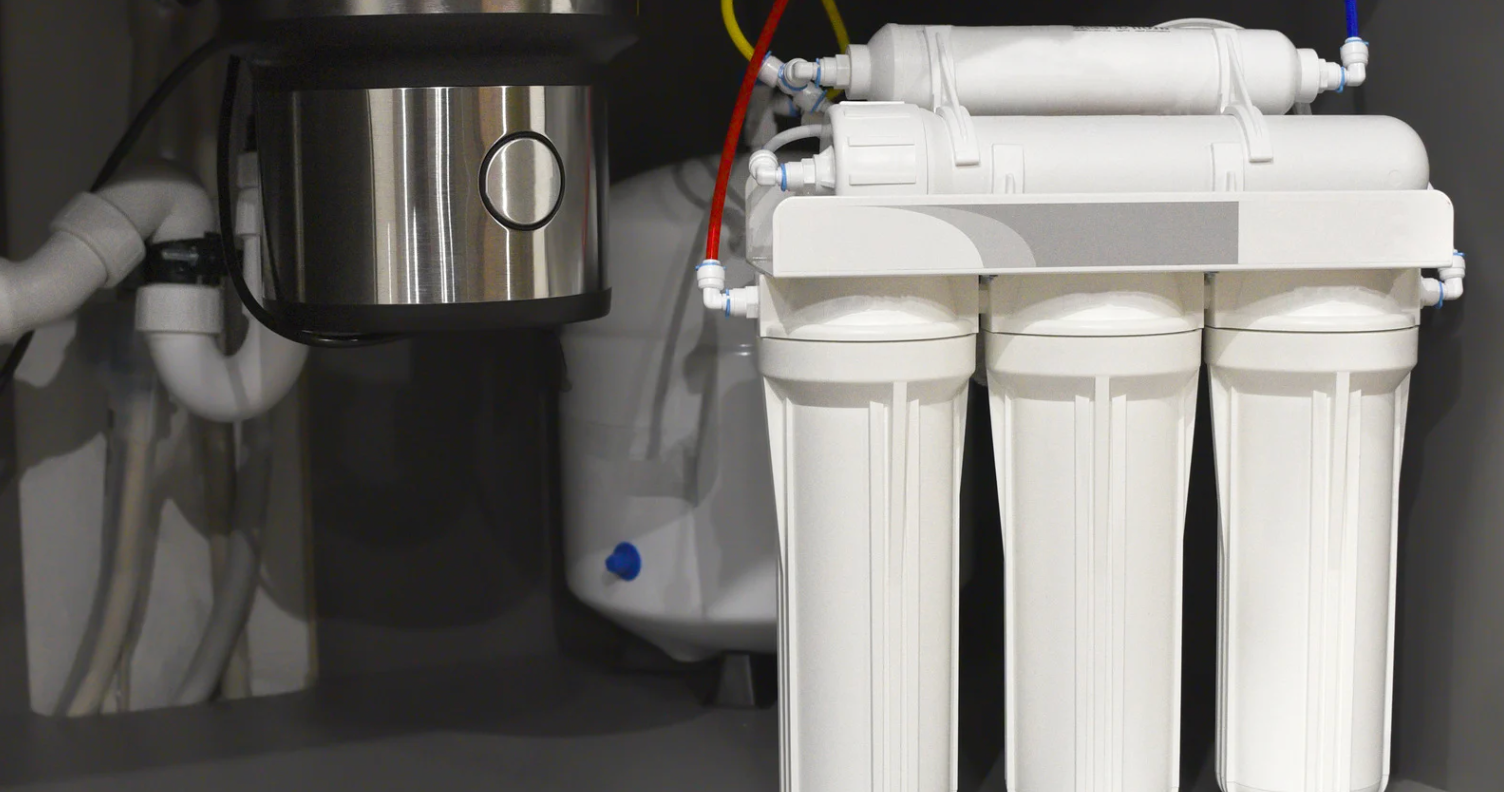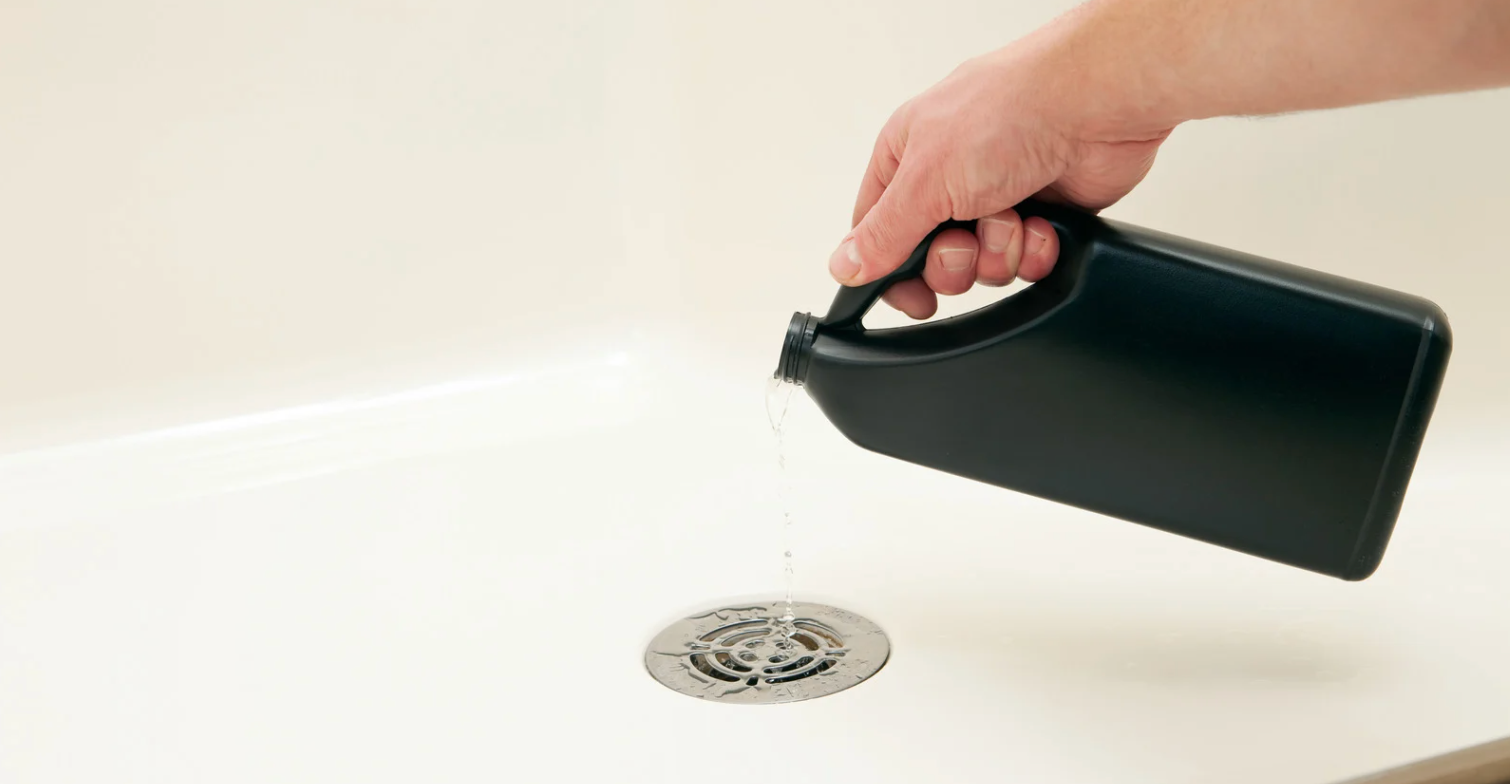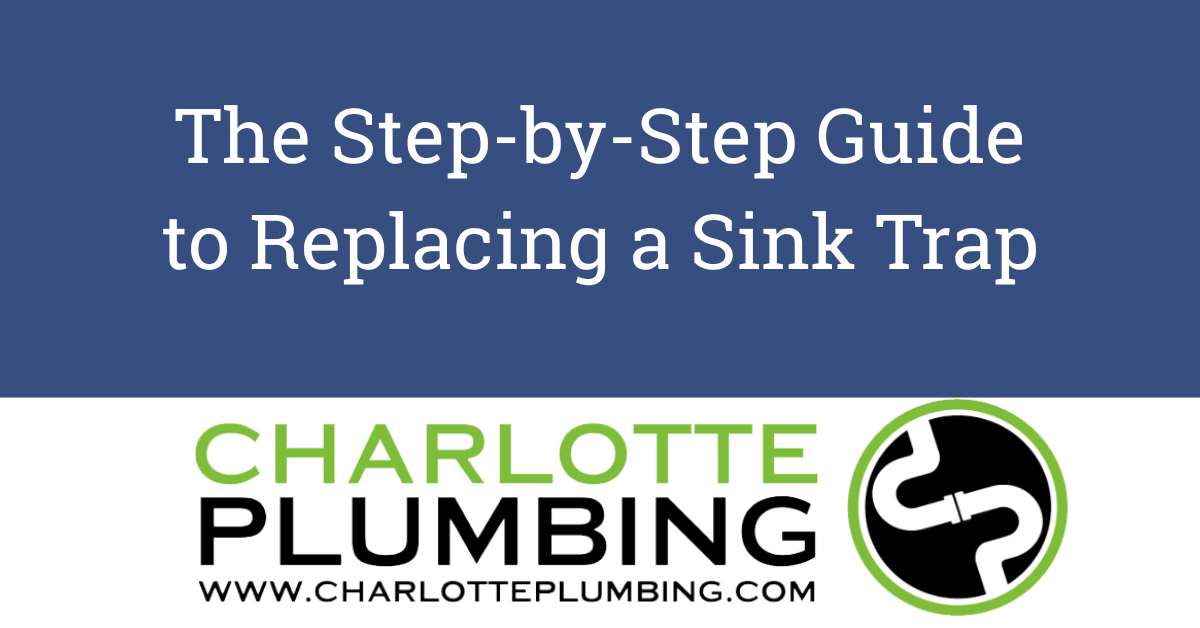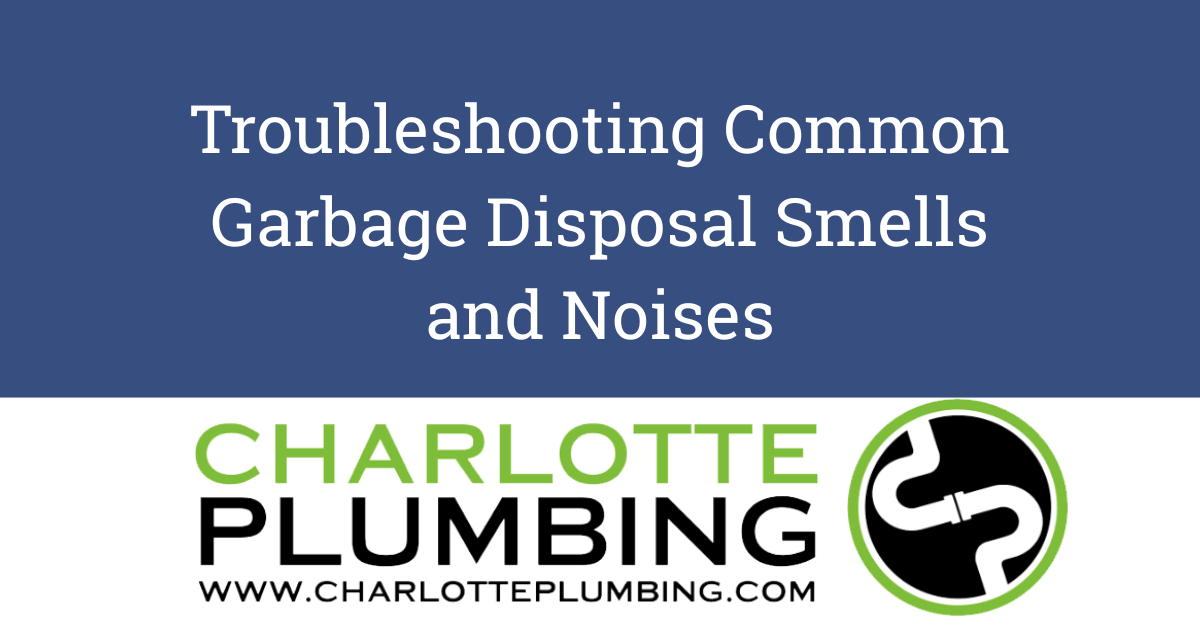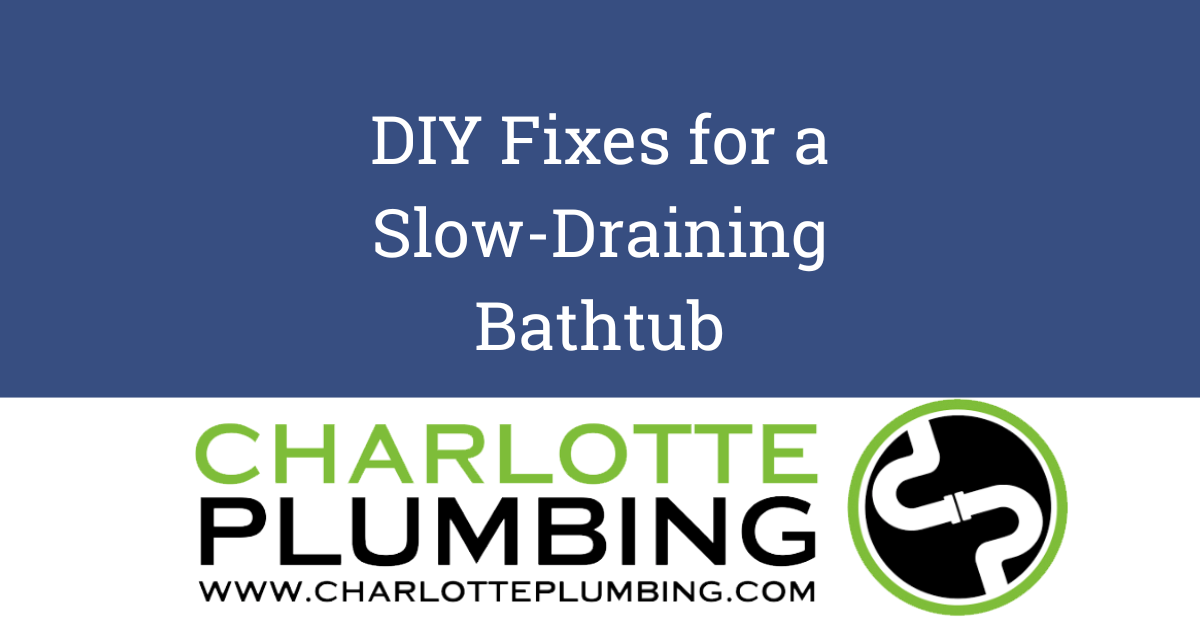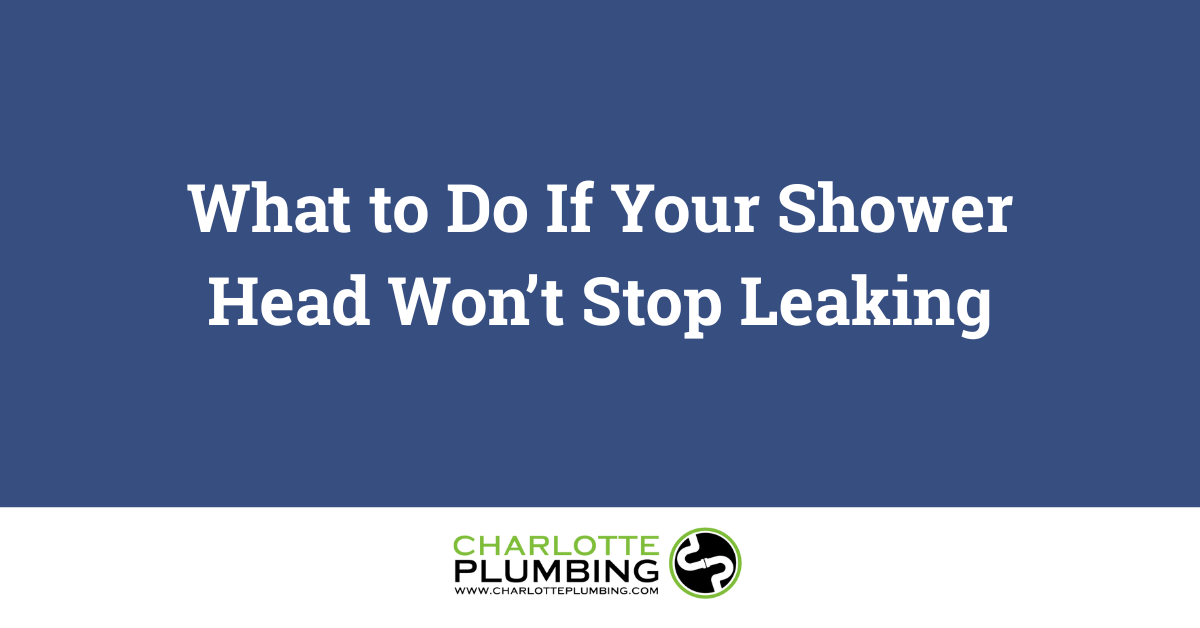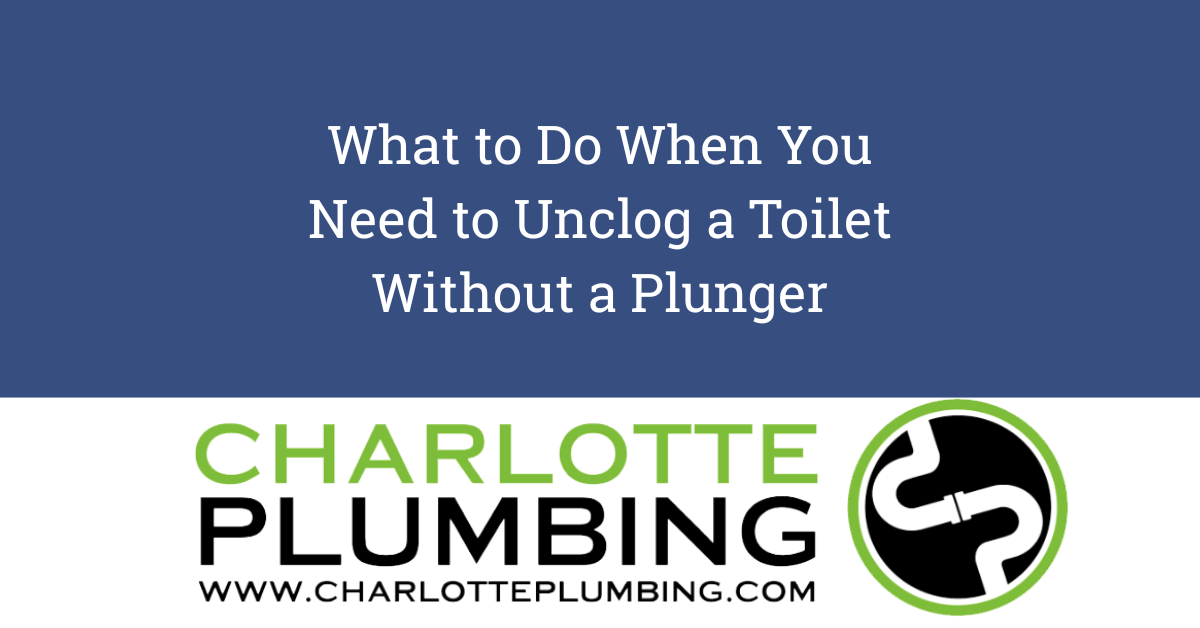How to Properly Shut Off Your Water in an Emergency
Water emergencies can happen at any time, whether it’s a burst pipe, an overflowing toilet, or a major leak. Knowing how to quickly and correctly shut off your water supply can prevent costly damage and save you from unnecessary stress. In this guide, we’ll walk you through the steps to safely turn off your water in an emergency.
1. Identify the Source of the Problem
Before shutting off the main water supply, determine whether the issue is isolated to a single fixture or affects the entire home.
2. Shutting Off Water to Individual Fixtures
For minor leaks or isolated plumbing issues, use the shutoff valves located near the fixture:
3. Shutting Off the Main Water Supply
If the problem is severe, turning off the main water supply is the safest option. Here’s how:
Locate the Main Shutoff Valve
Turn Off the Water
Drain the Pipes
Once the water is off, open all faucets in the house to drain any remaining water. This reduces pressure in the system and prevents further leaks.
4. Shutting Off Water at the Street (For Major Emergencies)
If the main shutoff valve inside your home isn’t working, you may need to turn off the water at the meter. This is usually located near the street in a covered box.
How to Shut Off Water at the Meter
5. When to Call a Professional
While shutting off your water can prevent immediate damage, a professional plumber should assess and repair the issue as soon as possible. Call Charlotte Plumbing if you’re dealing with:
Need Help? Charlotte Plumbing Is Here for You
Shutting off your water is only the first step in managing a plumbing emergency. Whether you need urgent repairs or a new shutoff valve installed, Charlotte Plumbing has you covered. Contact us today for fast, reliable service!
